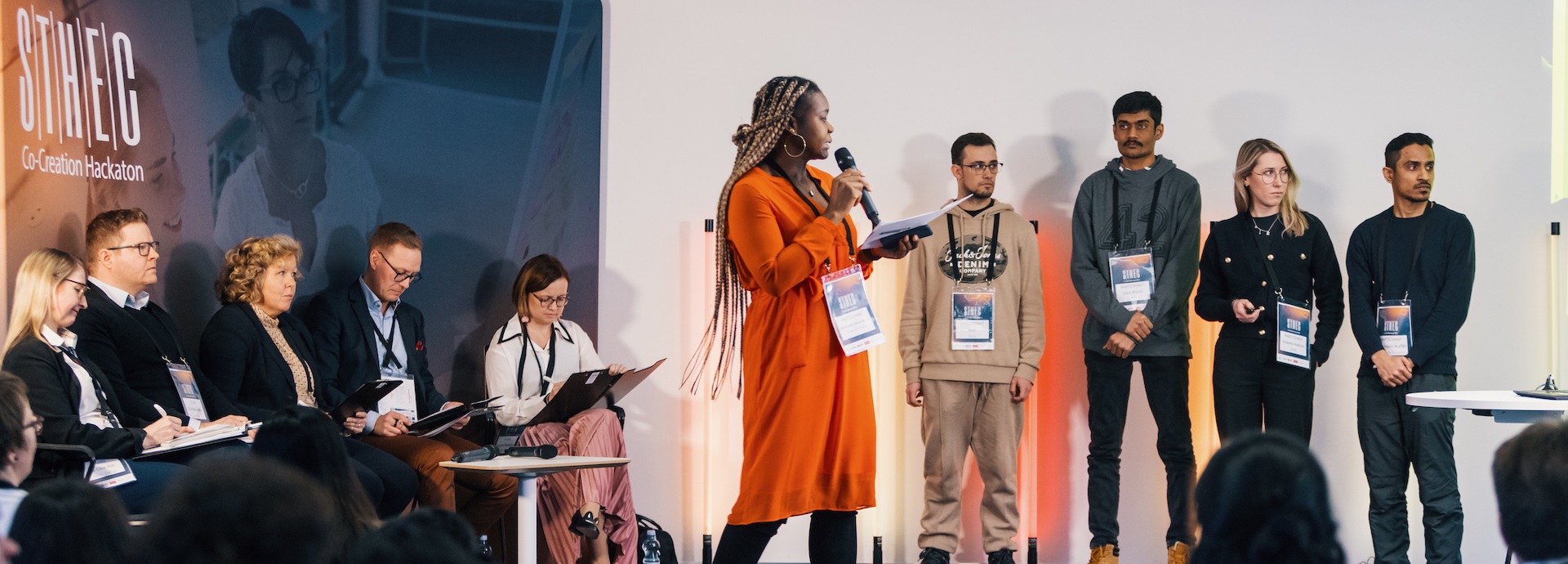

The need to address diversity, equity, and inclusion (DEI) issues across the workforce ecosystem is increasingly on organisations’ radars. While social diversity has been a hot topic for a while, diversity of thought is still a relatively unexplored and overlooked concept.
According to Deloitte’s landmark report, ‘Diversity's new frontier’, diversity of thought goes beyond affirming equality and simply recognising differences and responding to them. Instead, the focus is on realising people’s full potential within an organisation by acknowledging and appreciating the promise of each person’s unique perspective and different way of thinking.
How to go beyond social diversity
Organisations often make the mistake of hiring employees who are socially or ethnically diverse – and then thinking the work is done, says Carmen Medina, a recognised international expert on intelligence analysis, strategic thinking, and diversity of thought, who also co-authored Deloitte’s New Frontier report.
“But that’s really when the work begins. What I often see is that managers in organisations do not necessarily know how to manage diverse-thinking teams,” Medina notes.
“Most managing styles are very ‘top-down’, which defeats the point of having diversity of thought. If an organisation is serious about diversity of thought, then they also have to be serious about changing the management approaches within the organisation, so it genuinely welcomes diverse thinking.”
To be successful and keep being leaders in innovation, we need people with different ideas and backgrounds in our teams. Inspired people can make a real difference.
What then are the concrete steps organisations can take to promote a space for diversity of thought? Medina says small changes can go a long way.
“Often, managers will kick off the meeting and spend the majority of the time talking – before asking “any more comments?” at the end… and no one says anything. A good approach would be to change who kicks off the meeting and who sets the agenda each time. The manager could ask questions such as: ‘What did I get wrong? How would you do it differently? What did I miss?’ These kinds of questions immediately indicate that the person is open to hearing different ideas.”
Most importantly, Medina believes that employees need to feel safe to speak up.
“Don’t force people who have different ideas to also be courageous. Make it a part of everyday work and the culture of the organisation to have differing ideas.”
Hackathons thrive because of diversity of thought
Mari Mäkinen, Service Manager at Wärtsilä’s Data & Analytics Academy, believes that diversity of thought and having people from diverse backgrounds have been crucial factors in Wärtsilä’s hackathons and how successful they have been.
In March 2022, Wärtsilä held a company-wide Decarbonisation Hackathon.. It was the 10th hackathon organised by Wärtsilä and saw participants competing to produce new ways data could be used to support customers on their journey towards decarbonisation. Over 80 Wärtsilians and seven cross-functional teams took part, using data and technology to drive rapid innovation.
“I genuinely believe that at our hackathons, miracles happen. When you bring people together, it opens horizons for us all. It’s inspiring to watch people create something that is potentially very meaningful and that these things have been borne out of a true collaboration between individuals.”
Further proving the success of the hackathons, 29 prototypes have been created out of the past hackathons – and there are ten solutions from the hackathon currently in production.
“The simple reality is that to be successful and keep being leaders in innovation, we need people with different ideas and backgrounds in our teams. Inspired people can make a real difference – almost like an orchestra, who must work together in perfect synchronisation to create beautiful melodies.”
To increase their innovation revenue, organisations will need to actively build teams of people whose skills and personalities complement each other. However, it’s important to note that promoting diverse thinking is an ongoing process. Medina likens it to the tending of a garden: you cannot just walk away from it; it needs constant attention and care. “This is a lifelong journey, and we must realise that we’re all imperfect and strive to do better,” she concludes.


